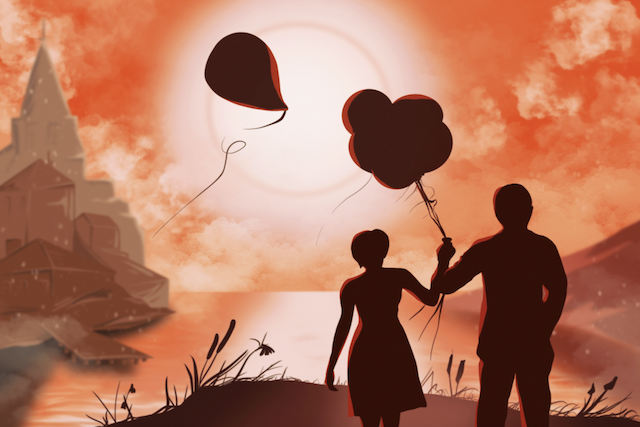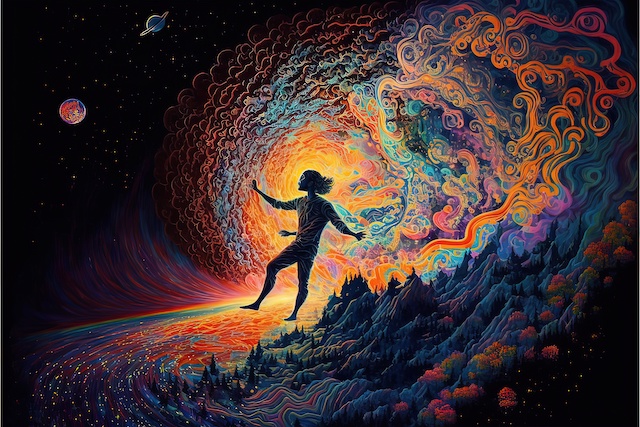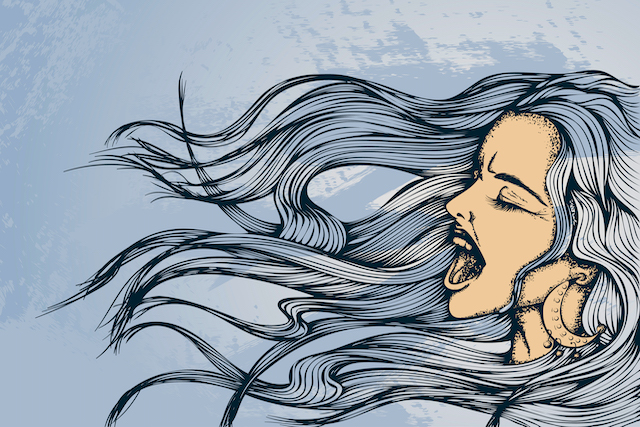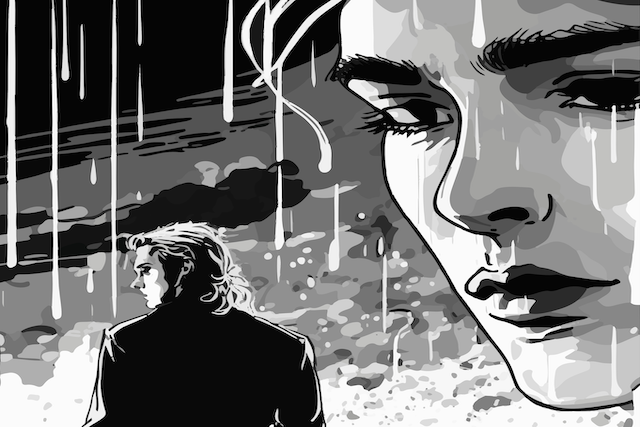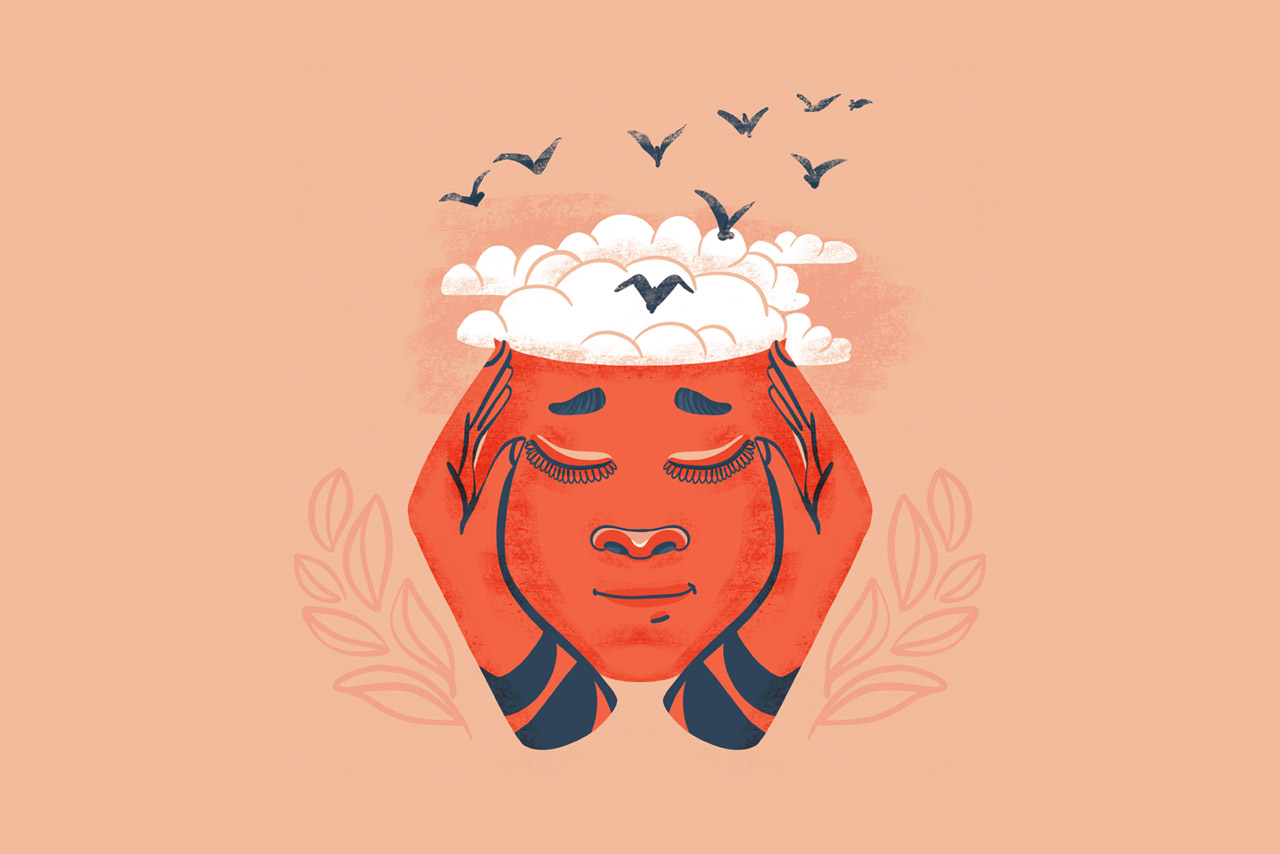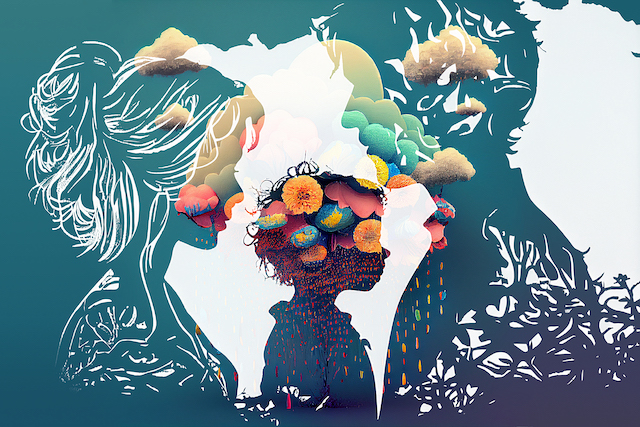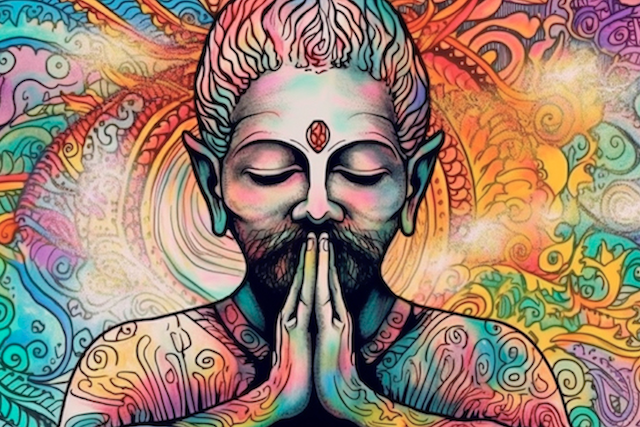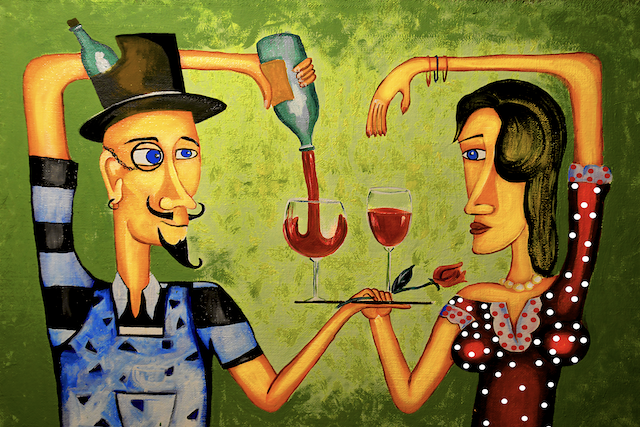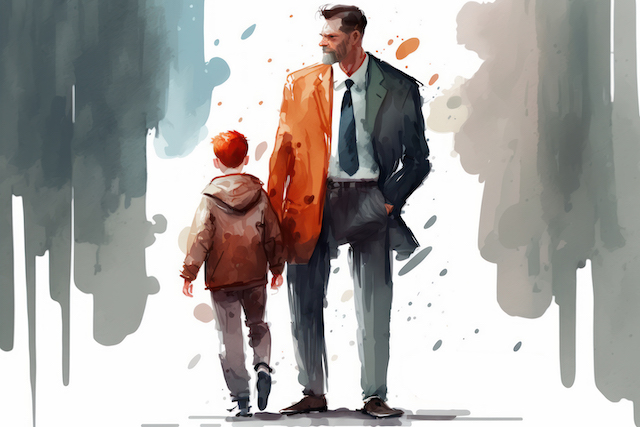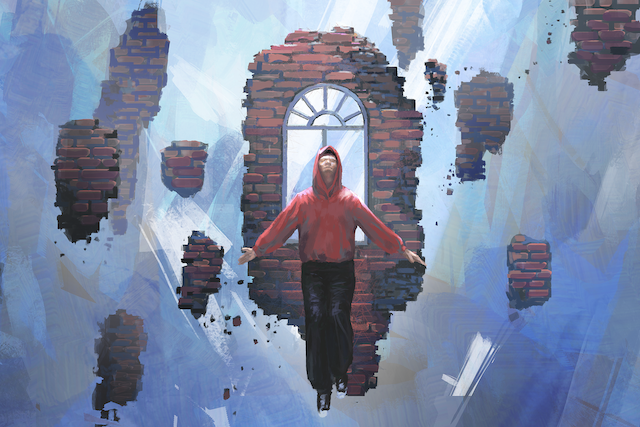
“The strongest hearts have the most scars.” ~Unknown
I always hated pain when growing up. For as long as I can remember I tried to avoid it. Physical pain was uncomfortable, but emotional pain was the real torture. It was sometimes easier to have a fight and stop communicating than to have a challenging conversation.
Disconnecting emotionally and withdrawing from painful experiences was my de facto subconscious strategy. I still pursued goals and succeeded, but this didn’t feel painful to me because I used my passion and bravado to drive through the long hours and grueling work.
If I wasn’t avoiding pain, I was in denial. It cost me. Ignoring a painful feeling made me numb all over. Denying an unpleasant emotion made me oblivious to the whole spectrum of sensations.
Avoiding dentists created more issues and massive bills down the road. Dodging challenging scenarios and boredom cost me passions and hobbies that could have led to a different career or a creative outlet.
This continued until one day I found myself without busy work and distractions when taking a career break. Not being able to hide behind time fillers, a whole army of emotions and feelings came at once. The bottled-up monster escaped, the dam broke, and the castle fell under attack.
It was overwhelming and frightening. Remembering from my coaching training that sensory adaptation will kick in at some point, I let it all play out. I meditated for hours observing the emotions rising and falling like an ocean tide. Eventually, the monster deflated and the flood dried out.
Recognizing that there is an issue is the first step to resolving it. I realized that this was not the way I wanted to continue living. After learning more about mind machinery, I became aware of my behavioral patterns. Enneagram type 7, called Enthusiast or Epicurian, perfectly described how I ran “Me”—motivated by a desire to be happy and avoid discomfort.
Before that, I accepted my pain avoidance patterns as an unchangeable status quo. I did not see reality in any different way. With time, I learned that pain was not the bogeyman to be afraid of.
Pain became my teacher, an early alarm that something was not going well, and a motivator. Getting praise and encouragement for good behavior isn’t the only way to learn. Our participation prizes-driven society creates a false sense of entitlement, preventing us from personal growth.
Teacher pain can fix unproductive behavior or an issue almost instantaneously. As cruel as they can be, these lessons are long remembered and followed sometimes our whole lives. A perfect example of this is how Tony Robbins made his early mark as a quit smoking coach by making clients associate nausea and fear of his booming voice with cigarettes.
To be clear, I’m not suggesting we should knowingly hurt ourselves or others as a teaching tool; just that we need to stop avoiding pain and discomfort because they can both lead to growth.
When I became appreciative and respectful of pain, I was able to slow down and learn more about what it taught me.
Our bodies communicate through sensations. Pain is one of the common languages that the body uses to make us understand in a split second that something isn’t right. It also can speak for both your body and mind, as our emotional and physical circuitry is interconnected. Taking Panadol can ease the pain of social rejection in the same way it can fix your headache.
It is the language that bonds us with other humans. Shared painful experiences do not need to be explained. They are understood on a deeper level. Compassion is born from the language of pain, as it makes us appreciate what another person is going through.
What would our lives be like if we never experienced pain? Without an early alarm system, a broken bone would not hurt, eventually causing a deadly infection. A serious illness would go unnoticed until a person perished. Congenital insensitivity to pain is a very rare condition affecting 1 out of 25,000 newborns. It is also very dangerous, and most affected people do not survive their childhood.
When we strip away pain from its emotionally excruciating quality, it is essentially a sensation. Experienced meditators can attest that knee and back pain during long seated meditation sessions eventually lead to the emotional context fading away, showing pain for what it really is.
It took time to learn the language of pain. Running out of breath, having sore muscles, or feeling anxiety before a performance is good pain. Sharp pain in joints or feeling of discomfort, leading to a crippling flight-or-fight response, is a different animal.
Good pain keeps us wanting more of the experience. It motivates incremental growth by forming a habit of seeking that familiar feeling. Its bad cousin will cripple us if left unnoticed or overwhelm us, teaching hopelessness.
The school of pain can’t be skipped. We can’t call in sick or cheat our way out of it. The teacher pain will keep calling our names until we show up for the lesson. Avoiding it would eventually cost more. It is feeding a bottled-up monster that one day turns into a formidable Godzilla.
It’s pointless to hide from it. Just like Buddha found out about death, sickness, and old age despite his parents’ best efforts to shield him, we will all have to accept that it is ever-present in our lives.
Walking a life journey made me realize that sometimes there is no other option but to face pain. As uncomfortable and frightening as it may be, if I don’t square up to the monster, it will never go away.
The saying “the only way out is through” holds true. The next level of personal growth has to happen through discomfort. Though these victories may be invisible to everyone else, they are uniquely valuable to us.
It may sound like I’ve mastered the art of facing the uncomfortable and I am no longer concerned about pain. That is not true. The lessons I get from pain are still challenging.
As much as I don’t want to sit through hard lessons, I’ve learned to respect and heed pain’s presence. Knowing that becoming invincible to it is impossible, I’ve learned to recognize the challenge and see it as a catalyst for growth.
Anticipating pain keeps me motivated to avoid its visits and learn on my own. I will probably never tolerate pain as some people do. I am probably wired that way. But nature can always be complemented by nurture. Resilience, acceptance, and embracing the suck make it valuable learning.
In her influential book The Upside of Stress, psychologist Kelly McGonigal challenged conventional thinking that stress kills. The research shows that how we perceive stress can turn a negative into positive. Pain can be seen in the same way.
We can’t pick and choose which parts of human experience we want to face. As tempting as it is to only eat the cherry on top of life’s cake, this will never make us appreciate life wholly. We need to accept all of it. Without pain, we do not know pleasure. Without the discomfort of ignorance, there is no bliss of knowledge.
![]()
About Jay Martynov
Jay Martynov is an IT professional, blogger, and coach. He helps people to manage stress, build resilience, and create a purposeful life. Jay’s coaching is based on an understanding of behavioral patterns using Enneagram, effective daily routines, and actionable, practical steps. You can find more details on Jay’s website www.jaymartynov.com
Get in the conversation! Click here to leave a comment on the site.
The post How Pain Can Be a Teacher and Why We Need to Stop Avoiding It appeared first on Tiny Buddha.
from Tiny Buddha https://ift.tt/TeSXydZ

